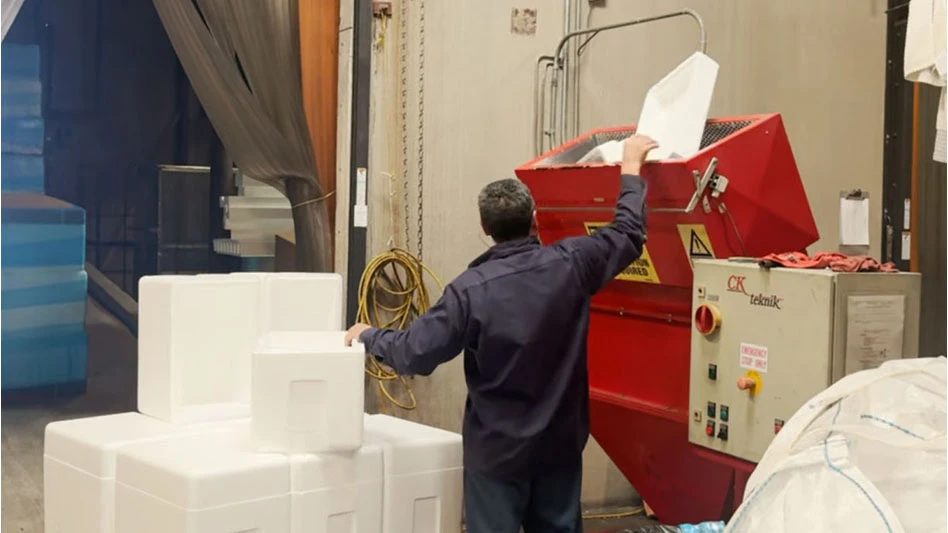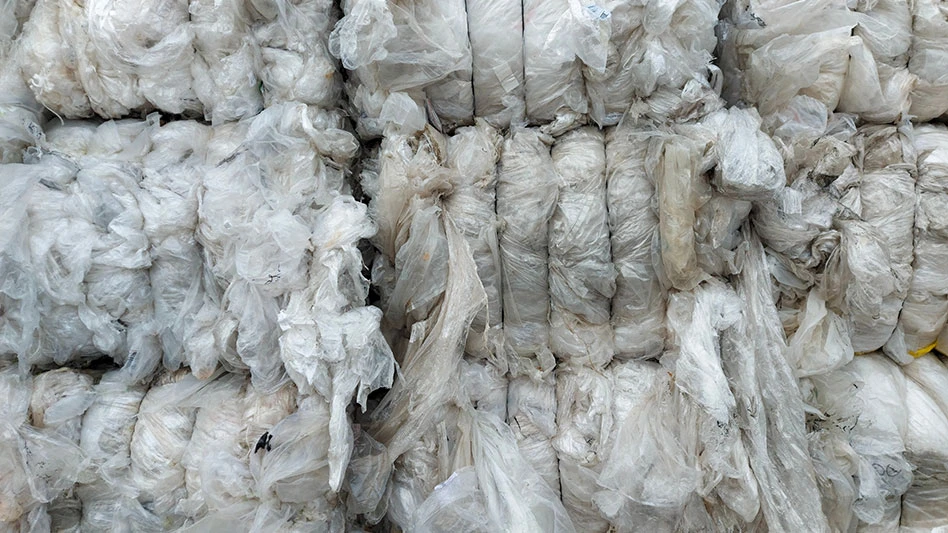Robin Ingenthron of American Retroworks Inc., Middlebury Vt., has made a plea to fellow recyclers to increase the supply of a certain type of CRT monitor. The monitors, which “represent only about 8 to 10 percent of the commercial stream,” according to Ingenthron, were manufactured in South Korea in the late 1990s and early 2000s.
Ingenthron is asking fellow members of the WR3A (World Reuse, Repair and Recycling Association) and other recyclers to keep an eye out for the Korean monitors for a specific end market. “This type of monitor is desperately needed for a project at hospitals and medical schools in Africa,” says Ingenthron.
American Retroworks Inc. will serve as the United States “exporter of record” for any of these shipments, says Ingenthron. He says his company will provide “detailed audits of the legality of shipping, R2 compliance, ISO 9000 certification, ISO 14001 certification, EPA notification of export, compliance under Basel Convention Annex IX B1110, and other ‘Fair Trade’ standards adapted by WR3A.”
“WR3A has primarily been representing companies which export 60 percent of [all] monitors—the ones that are working or repairable,” says Ingenthron. “While those mixed monitor shipments remain viable, the end market for most of those 17-inch monitors has been glutted, largely because Asia is turning to LCDs and is becoming a net supplier of used CRTs and cannot justify import fees. We are now looking for United States companies that don’t export monitors at all, and asking them to take a closer look at putting aside 10 percent or so for reuse and refurbishment.”
Ingenthron cited California as what he calls “an ideal supplier” of these monitors, but remarks that the SB20 system in that state “has created a perverse incentive to destroy” monitors rather than refurbish them. He has called on California in particular to stop “smashing up computer monitors [that] are needed in the developing world” in posts on his blog. The posts, which have photos and technical details on the monitors in short supply, include a proposal to allow SB20 recyclers to ship monitors for re-manufacturing (or “manufacturer take back”) to audited factories to refurbish intact CRTs without breaking the tube.
The project in Africa includes an effort to computerize blood banks—an effort designed to address the circumstance that in parts of Africa bleeding during childbirth is a leading cause of the death of women under the age of 30 and of orphaned children.
Latest from Recycling Today
- You have production scrap, WEIMA machinery processes it where it’s made
- CP Group, Cisek Inspections forge innovative X‑ray recycling alliance
- Regroup, CP Group unite for cutting-edge Halifax MRF
- Modern MRFs: AI, automation and safety, redefining recycling operations
- CalRecycle opens comment period on proposed SB 54 revisions
- 2026 Circular Steel Summit: Taking stock of tariffs
- CDRA Conference & Tradeshow 2026: Addressing battery fire risks
- Darda equipment now available in North America





